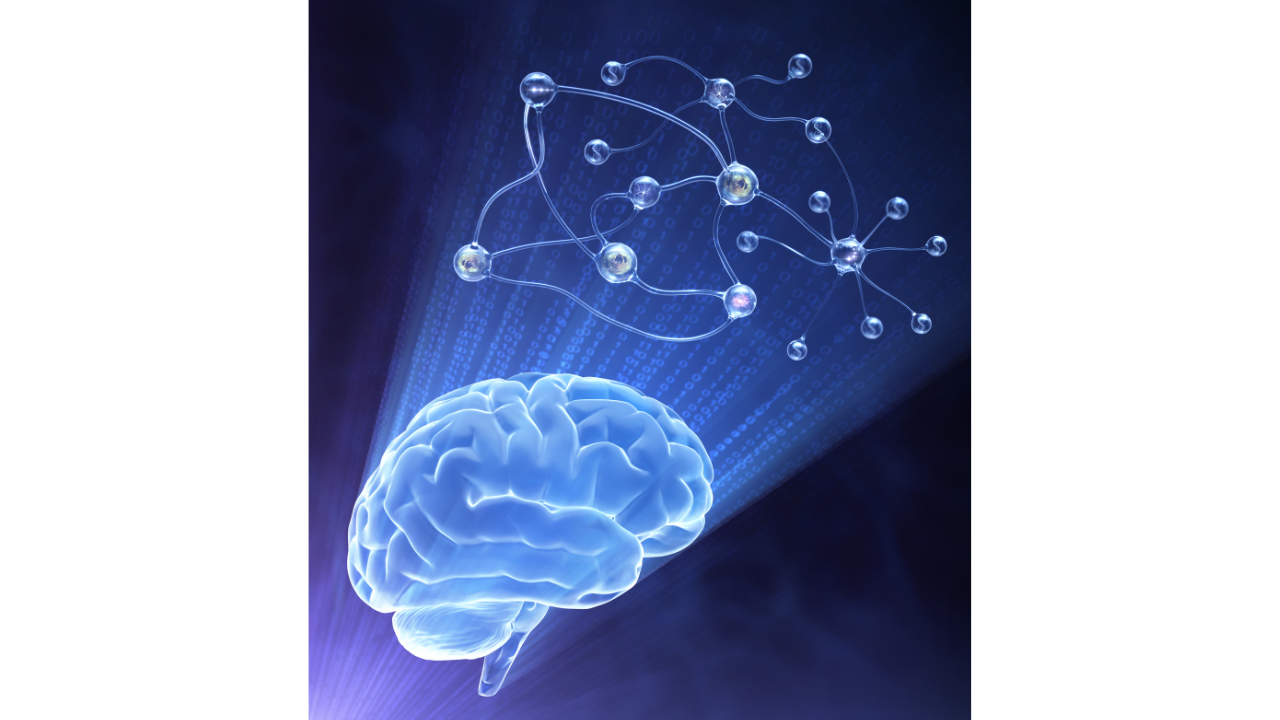Living Empowered: Why Recovery Is Not the Finish Line, but the Foundation
There comes a moment in healing when the language of recovery begins to change.
The nervous system is steadier. The patterns are more visible. The urgency to “fix” oneself has softened. And in that space, a new question often emerges — quietly, but persistently:
What am I meant to do with my life now?…
Healing Relationships Through Empowered Recovery: How Self-Change Transforms Connection
When we begin to heal, the way we love and connect changes. Drawing on neuroscience and trauma-informed psychology, Prairie Francia explains how self-regulation, boundary work, and emotional alignment can rewire relationship patterns for authentic, lasting connection…
Pathways to Recovery: Your Unique Map to Healing
When it comes to recovery, there’s a myth that quietly weighs on many people — the idea that there’s a right way to do it.
That if you don’t follow the same steps someone else did, you must be doing it wrong.
But recovery isn’t a straight road.
It’s a map — one that looks different for every single person who walks it…
Emotional Regulation and the Brain: The Neuroscience of Responding Instead of Reacting
When emotions take over, the brain’s alarm system—the amygdala—hijacks control, leaving the logical prefrontal cortex offline. The result? Reactivity.
Learn how mindfulness, reflection, and identity-based regulation strengthen emotional balance and create lasting recovery through neuroplasticity…
Rewiring Habits for Sustainable Recovery
Habits shape recovery more than willpower. Neuroscience shows they operate as cue–routine–reward loops, but with awareness and identity-based practices, they can be rewired. Learn how to reshape habits for sobriety and lasting freedom…
The Power of Identity Shift: From “I’m Trying to Quit” to “I’m the Kind of Person Who…”
Recovery is not just about quitting behaviors — it’s about becoming someone new. Neuroscience shows that when you align your identity with your desired habits, you strengthen the prefrontal cortex and make it easier to sustain change. Discover how identity shifts help individuals rewire their brains, reduce shame, and anchor themselves in recovery…
Values-Based Recovery: Anchoring to Your Why
Values are our compass, guiding decisions and shaping meaning in our lives. But addiction and people-pleasing often bury them under survival mode. Recovery means rediscovering and realigning with your values — your “why.” Neuroscience shows that reflecting on values strengthens self-control networks in the brain, making it easier to resist cravings and live authentically…
Cravings and the Brain: Beyond Food and Substance
Cravings aren’t random urges — they’re the brain’s way of anticipating reward, often tied to unmet emotional needs. Whether it’s food, alcohol, or scrolling, cravings share the same neurological roots in the brain’s dopamine system. By learning to pause, reflect, and ask “What is this craving really telling me?”, you can transform cravings from traps into doorways for change…
The Habit Loop: Breaking the Cycle of Triggers, Cravings, and Old Patterns
Why do we keep repeating the same harmful behaviors, even when we want to stop? Neuroscience shows us the power of the habit loop—cue, craving, response, reward—and how these cycles shape addiction, toxic relationships, and everyday coping. The good news? With awareness, motivational interviewing strategies, and the science of neuroplasticity, you can break the loop and create empowered new pathways…
“I Deserve This” — Understanding Permissive Thoughts and How They Sabotage Your Recovery Goals
You’ve had a hard day.
You’re tired, frustrated, maybe even a little hurt.
And suddenly, your brain whispers:
“I deserve this.”
A glass of wine.
A scroll through TikTok until 1 a.m.
That relationship you know isn’t healthy.
Another handful of chips.
Whatever your “go-to” escape is—it suddenly feels justified.
That’s what we call a permissive thought—a seemingly innocent phrase that gives you permission to override your boundaries and default back into a coping pattern you’re trying to move away from…
Reclaiming Yourself: Mindfulness & Healing in Recovery
One of the most challenging aspects of recovery is learning how to ride the wave of cravings without acting on them. Cravings feel powerful in the moment, but the truth is, they follow a natural rise-and-fall pattern…











